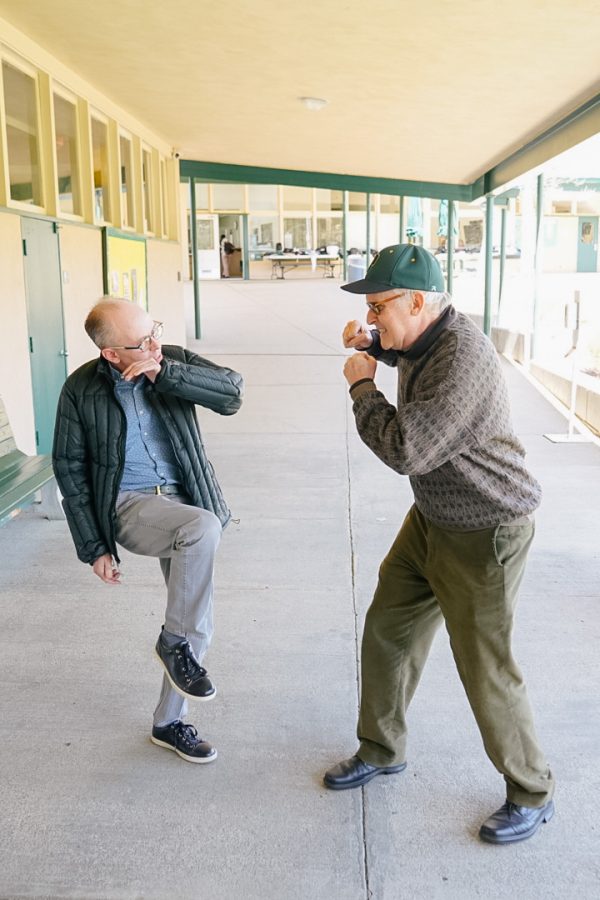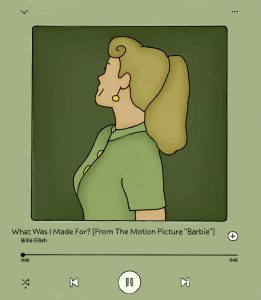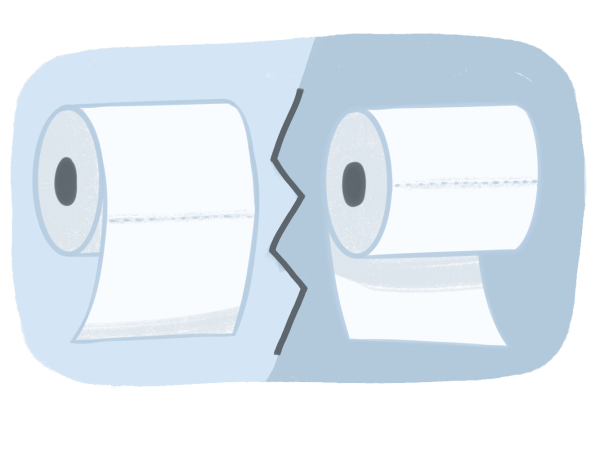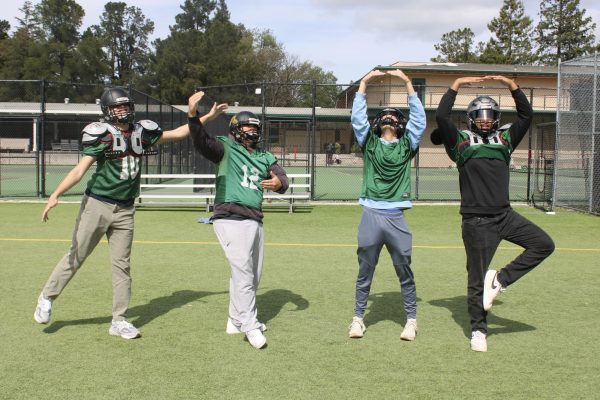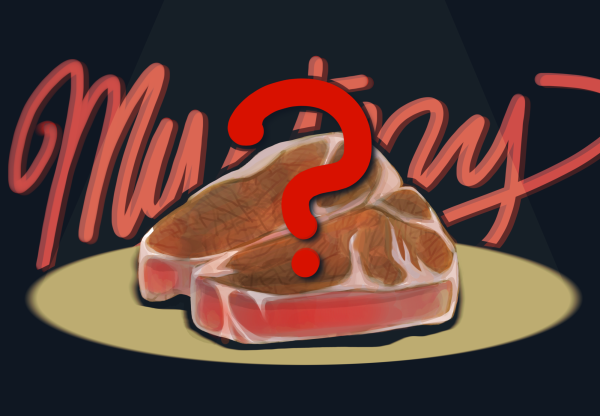Literature Teachers Engage in VICIOUS BRAWL Over DISGRACEFUL REMOVAL of Rhetorical Device Chiasmus From Curriculum
Battle of the Books (Rhetorical Devices): Pinewood literature teachers Eric Schreiber and David Wells pictured here fighting over the inclusion of chiasmus in the curriculum.
March 27, 2023
Although Pinewood teachers are known for being dedicated to their subjects, the English department is particularly infamous for its passion for all things literature and writing-related. On Wednesday, these passions came to a head as literature teachers David Wells and Eric Schreiber got into a fistfight over Schreiber’s exclusion of chiasmus in his curriculum.
Student bystanders alleged that Wells and Schreiber were having a casual conversation about the changes they were making to their curricula for the next school year when Schreiber mentioned that he was dropping chiasmus from his curriculum. Wells immediately became angry and closed the classroom door, which shocked students because of Wells’ dedication to constantly keeping the door open, no matter the temperature. After some heated finger-pointing at the Shakespeare posters on the walls and each other, Wells and Schreiber squared up and began fighting, students said.
Chiasmus is a rhetorical device in which words, grammatical constructions, and phrases are repeated in reverse order to invert the meaning of the sentence. Wells is famously known for his emotional attachment to chiasmus, often professing his love for the rhetorical device in the middle of class.
“I just don’t understand how anyone could dislike an aptly used chiasmus,” Wells said. “My favorite example of it is definitely a quote from John F. Kennedy’s inaugural address: ‘Ask not what your country can do for you, but what you can do for your country.’ Today, I decided that what I could do for my country was throw a punch in [Schreiber’s] face in defense of chiasmus lovers everywhere.”
Schreiber defended his decision to remove chiasmus from the curriculum, citing inexperienced freshmen.
“The freshmen I teach aren’t familiar enough with rhetorical devices, so I can’t really put something as advanced as chiasmus into my curriculum,” Schreiber said. “Even though it’s definitely dropped in my rhetorical device rankings after this incident, I have no hate in my heart for chiasmus.”
When asked about his rhetorical device rankings, Schreiber’s face began to take on a relaxed, dream-like look.
“My number one rhetorical device, which hasn’t changed since I was a schoolboy, is metaphors,” Schreiber said. “To be honest, now that I’m thinking about how much I love a good metaphor, I understand where [Wells] was coming from… He was just defending something important to him. I’d go to war if it meant preserving metaphors in an English curriculum.”
Additionally, students said fellow writing teacher Sabrina Strand was watching and frantically scribbling in a notebook. Strand said she was writing a poem about the unfolding fight. Her poem will be published in Tabula Rasa’s next issue.
“I mean, it was like a real Shakespearean sword fight!” Strand said. “I only wish we had scheduled it to be during Celebration of Literature Week, because that would have gotten us some really great publicity.”
According to a press release from the school administration, Wells and Schreiber will need to reconcile their differences by writing haikus for each other and spending at least three hours per week discussing literature.
Literature teacher Patricia Welze, who heard about the fight after it happened, proudly said she was not shocked by the incident because of the many years she’s worked with Wells and Schreiber.
“I’ve known David and Eric for so long, and they’re some of the most passionate educators I know,” Welze said. “This incident just exemplifies their true dedication to the subject of English. Yes, they got a little violent, but, what good book doesn’t have a fistfight or murder scene?”

